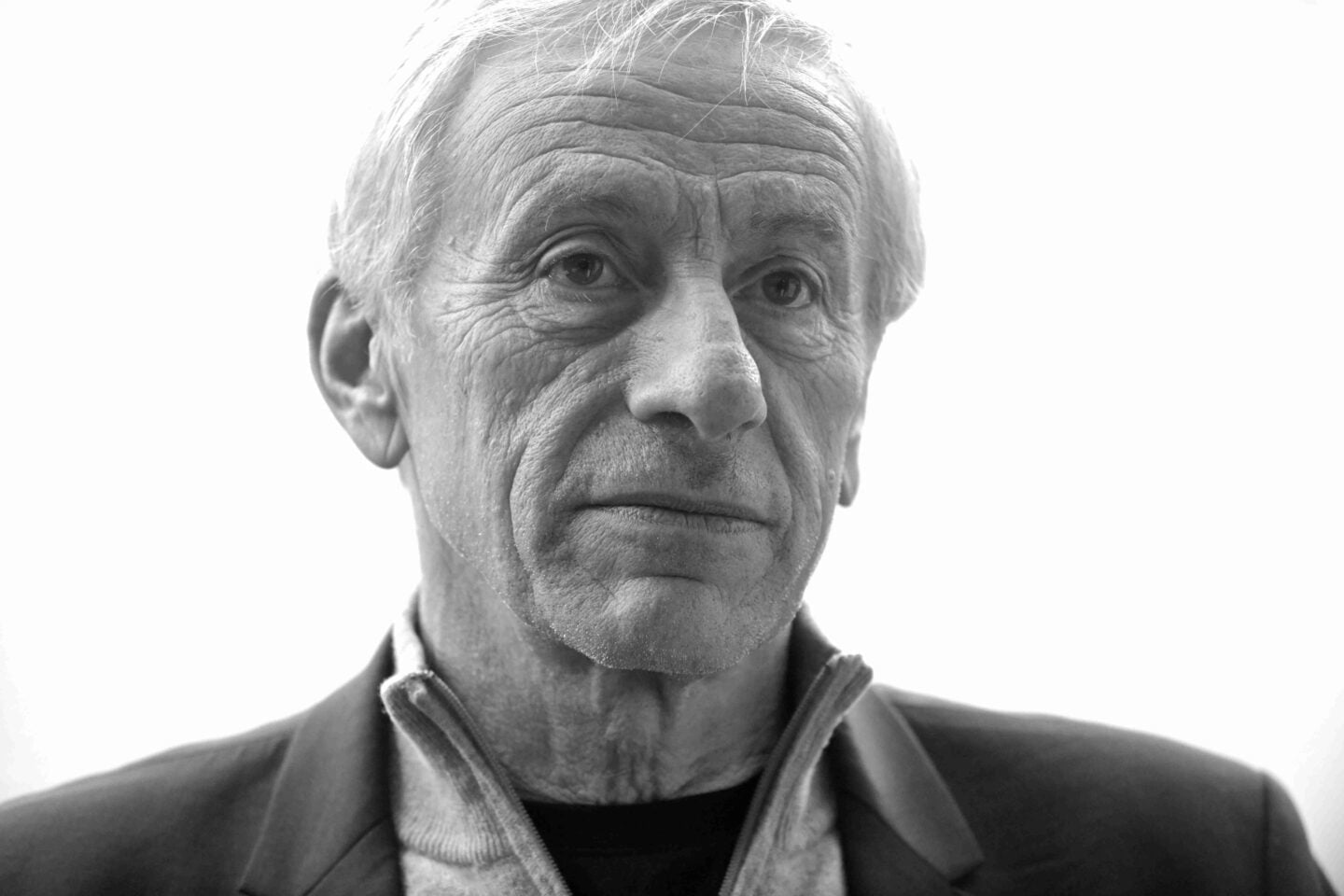
Jean-Christophe Rufin
- France
- Zu Gast beim ilb: 2022
Jean-Christophe Rufin was born in Bourges in 1952. He grew up primarily with his grandparents; his grandfather, a doctor, was imprisoned in the Buchenwald concentration camp for two years beginning in 1940 for hiding members of the Resistance in his house in Bourges. Rufin also chose to become a doctor and studied both medicine at the Pitié-Salpêtrière in Paris and politics at the Institut d’études politiques. In 1976, he began his military service in Sousse, Tunisia, where he worked in obstetrics. He later worked at various hospitals in France as well as in Brazil, then also in hospital administration. In addition to various political posts, Rufin is considered one of the pioneers of Médecins sans frontières and was its vice-director between 1991 and 1993. Between 1994 and 1996, he headed the French Red Cross, and in 1999 he was stationed in Kosovo as administrator of Première Urgence. From 2002 to 2006, he served as president of Action contre la faim, and from 2007 to 2010 he was France’s ambassador to Senegal.
In addition, he also devoted his time to writing. The experiences of more than twenty years working in NGOs in Nicaragua, Afghanistan, the Philippines, Rwanda, and the Balkans contributed to his critical essay »Le piège humanitaire« [1986; tr: The Humane Trap]. His debut novel »L’Abyssin« [1997; Eng. »The Abyssinian«], about a gifted young pharmacist who is sent to cure the king in 17th-century Abyssinia, was awarded the Prix Goncourt du premier roman and the Prix Méditerranée.
Rufin often weaves the themes of ecology, development aid, and human rights into a thriller. »Le Parfum dʼAdam« [2007; tr: Adam’s Perfume] follows the story of an environmental activist who frees animals from an experimental laboratory in Poland in 2005 and becomes embroiled in a murderous plot to save the world instead of human lives in poor countries. The historical novel »Rouge Brésil« [2001; Eng. »Brazil Red«, 2004] deals with a little-known story from the Renaissance period: the attempt by the French to colonize Brazil under the leadership of the Maltese knight Nicolas Durand de Villegagnon. »Globalia« [2004], in turn, is a dystopian novel about a totalitarian world state that promises its citizens security and prosperity, but denies them any freedoms and criticism of the system. Rufin reflects on his career as a doctor, his family background, and medical ethics in »Un léopard sur le garrot« [2008; tr: A Leopard on the Back]. In his crime novel »Le Suspendu de Conakry« [2018; Eng. »The Hanged Man of Conakry«, 2021], the bored French consul in Guinea is confronted with the murder of a European in the marina of Conakry and starts investigating on his own.
Jean-Christophe Rufin has received numerous prizes for his literary work, including the Prix Goncourt in 2001 for »Rouge Brésil«. The Académie française accepted him as its then youngest member in 2008.
Date: 2022
Der Abessinier
Claassen
München, 1998
[Ü: Claudia Denzler]
Die Tochter des Abessiniers
Claassen
München, 1999
[Ü: Claudia Steinitz]
Tage in Asmara
Claassen
München, 2001
[Ü: Claudia Steinitz]
Globalia
Kiepenheuer & Witsch
Köln, 2005
[Ü: Claudia Steinitz]
100 Stunden
S. Fischer
Frankfurt a. M., 2008
[Ü: Brigitte Große u. Claudia Steinitz]
Im Rücken ein Leopard
Wie Afrika mein Leben veränderte
S. Fischer
Frankfurt a. M., 2010
[Ü: Anne Braun]
Das rote Halsband
C. Bertelsmann
München, 2014
[Ü: Nathalie Lemmens]
Pilgern für Skeptiker
Meine Reise auf dem Jakobsweg
Knaus
München, 2015
[Ü: Ralf Pannowitsch]
Katiba
Zwischen zwei Fronten
S. Fischer
Frankfurt a. M., 2015
[Ü: Anne Braun]
Der Schatzmeister des Königs
C. Bertelsmann
München, 2017
[Ü: Nathalie Lemmens]
Der Gehängte von Conakry
Tropen
Stuttgart, 2022
[Ü: Barbara Reitz u. Eliane Hagedorn]
